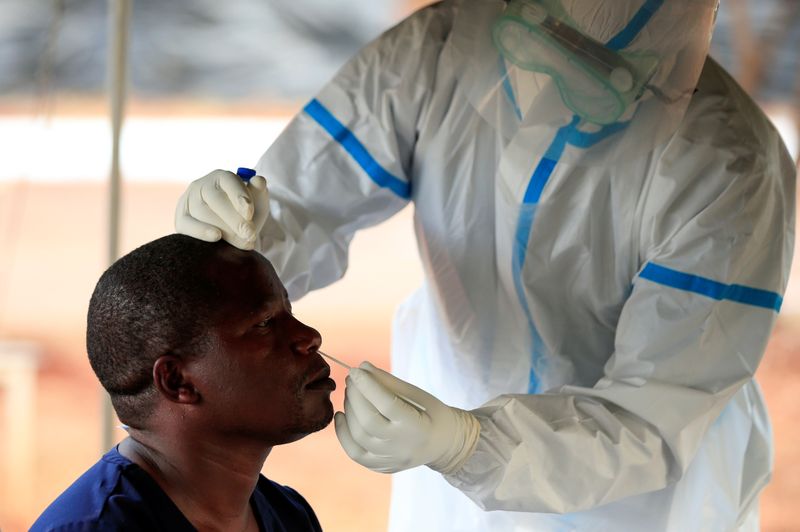People who look for silver linings (aka optimists) think that Covid-19 might be the inflection point where we start getting serious about our relationship with the planet. There is no direct link between coronavirus and climate change, but if a tiny virus can bring our whole bustling civilisation to a halt, then how vulnerable will we be to a disordered environment driven by out-of-control global heating?
Just in time we are being taught humility and perspective, the optimists say. Even better, some of the things we urgently needed to do are now happening without our help. People are learning to work from home, air travel has been closed down, the oil industry is collapsing, etc.
By contrast, the pessimists (who often refer to themselves as realists) believe that crises don’t make people behave better. The Great Depression led to the Second World War, 9/11 led to wars all over the Middle East, the Crash of 2008 led to “austerity”, slow growth, mounting popular anger and the rise of populist regimes across the world. Don’t expect any better from this crisis.
Moreover, they say, most people can only process one problem at a time and that has the unfortunate ring of truth.Last year saw an unprecedented upsurge in public concern about climate change — Australian wildfires, record floods all over the place, Extinction Rebellion, Greta Thunberg — but all that has now been pushed aside by the coronavirus. Global heating and its associated disasters will kill far more people in the long run, but Covid-19 is killing them now.
There is no time for climate this year, and last year’s climate momentum will not automatically return when the virus is under control. Momentum takes time to build, and we are running out of time. There is no magical deliverance on the way, and on balance the current health emergency is setting back the cause of climate sanity, not advancing it.
Nevertheless, we can take some comfort from the fact that behavioural moulds are being broken all over the place and several generations are learning together that disruptive changes, even very big ones, can be accepted by most people if they understand the need.
A small example from my own trade: this column has appeared in newspapers all over the world for decades, but the relentless retreat of the print media before the online onslaught has eaten deeply into the revenue base of the press everywhere.
Many papers have died, almost all have downsized and that hit my own income hard. My solution was to do more speaking engagements, which involved more time away from my real job and a lot more travel. No show, no dough, so I did it — but then came coronavirus, social distancing and a temporary halt to air travel. End of that solution. What to do next?
So I put my talks on video and offered them to the usual suspects — universities, schools, libraries, conference organisers — saying I could do a live question-and-answer session afterwards on some web hosting site for the widely distributed audience. They would never have accepted that arrangement two months ago. Now there is no alternative, so we are back in business.






